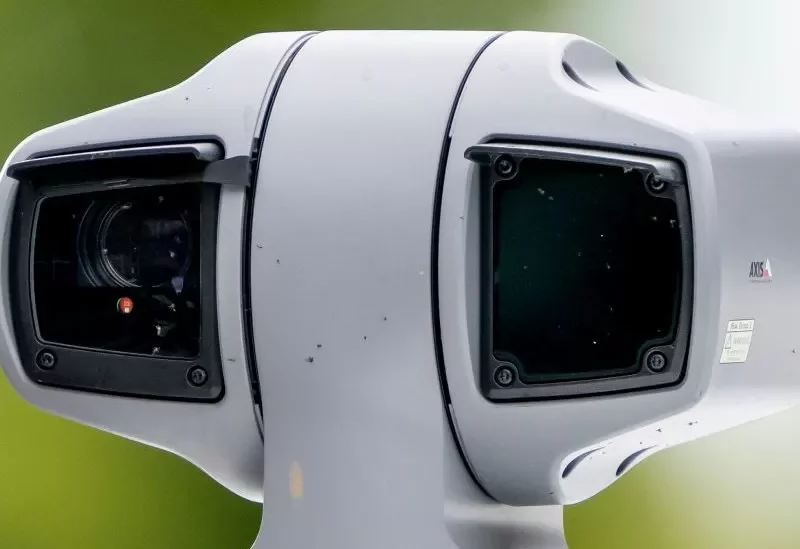A coalition of politicians and privacy advocates is urging both law enforcement agencies and private corporations to promptly discontinue the utilization of facial recognition surveillance.
Concerns have been raised by a coalition of politicians and privacy advocates regarding human rights, the potential for discrimination, and the absence of a democratic mandate in relation to the use of facial recognition technology.
This comes after the government unveiled plans to enable the police to access passport photos for the purpose of apprehending criminals. The Home Office has asserted that facial recognition technology has a solid legal foundation and has already contributed to the apprehension of criminals. A spokesperson from the Home Office also stated that this technology could assist law enforcement in locating missing or vulnerable individuals and enable officers to spend more time patrolling the streets and conducting intricate investigations.
Live facial recognition cameras are deployed in specific public locations to scan faces and compare them with individuals on watch lists who may be sought by law enforcement or the courts for various crimes. In the UK, police forces utilizing this technology provide advance notice to citizens about when and where it will be in operation, and they display physical notices in areas where it is active to inform individuals of the presence of cameras.
However, this week, the policing minister, Chris Philp, expressed the desire for officers to have access to a broader range of image databases beyond the national database, which is currently limited to individuals who have been arrested.
Campaigners are demanding an immediate ban on this technology. Silkie Carlo, the director of the privacy organization Big Brother Watch, described it as “dangerously authoritarian” and warned of its potential to transform entire populations into walking ID cards subjected to constant surveillance.
The group advocating for the ban includes members of Parliament from the Conservative, Labour, Liberal Democrat, and Green parties, as well as prominent advocacy organizations like Amnesty, Index on Censorship, and Big Brother Watch.
Access to passport photos by the police is perceived as a potential threat to public trust.
The UK’s surveillance camera commissioner has also expressed disapproval of these plans, citing potential damage to public trust and the feeling among passport-holders that they are being subjected to a “digital line-up.”
Criticism has been directed at South Wales Police for their use of live facial recognition technology at events such as concerts by Harry Styles and Beyoncé in Cardiff. The Metropolitan Police has also employed this technology multiple times this year, including at the King’s Coronation event in May.
Both police forces have reassured the public that if an individual is not on a watch list, their biometric data will be immediately deleted and not retained.
In April, Frasers Group, the company operating brands like Sports Direct, Flannels, and House of Fraser, defended their use of live facial recognition cameras in some of their stores. They claimed that the system provided by FaceWatch had been effective in reducing crime since its installation.

Silkie Carlo, representing Big Brother Watch, argued that the United Kingdom’s approach to facial surveillance sets it apart as an outlier in the democratic world, particularly in contrast to the proposed ban on live facial recognition by the European Union.
Members of the European Parliament have reached an agreement to ban the use of live facial recognition technology powered by artificial intelligence as part of the EU’s significant Artificial Intelligence (AI) Act. This legislation categorizes various AI applications based on their potential harm to the public.
In response, the Home Office stated that the government remains committed to equipping the police with the necessary tools and technology for crime prevention, law enforcement, and public safety. They maintained that facial recognition, including live facial recognition, possesses a solid legal foundation, as confirmed by court rulings, and has been instrumental in apprehending numerous serious criminals, including those involved in murder and sexual offenses. The Home Office also asserted that there exists a robust legal framework for the use of this technology.











